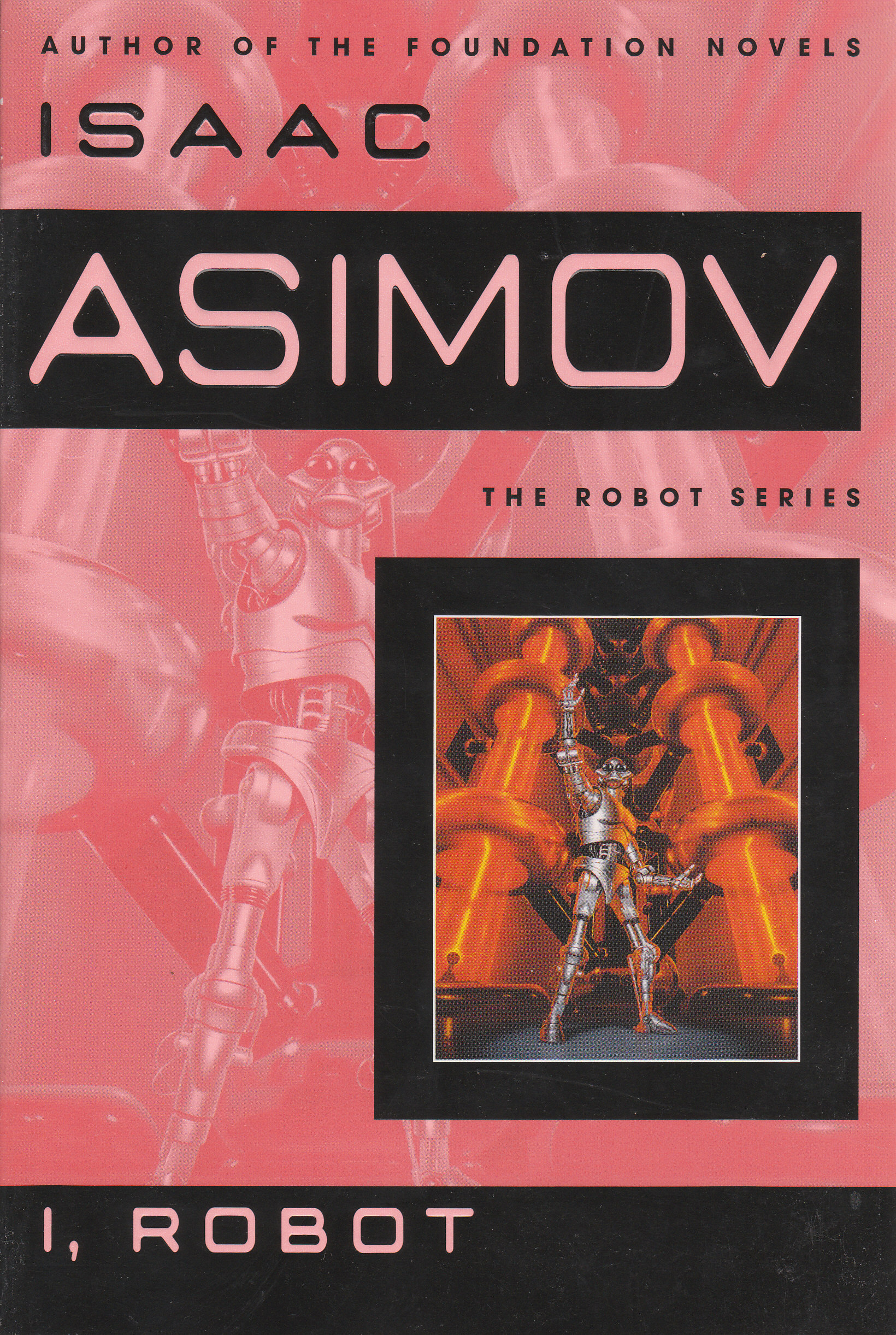
Lucky Starr and the Moons of Jupiter (1957).Lucky Starr and the Big Sun of Mercury (1956).Lucky Starr and the Oceans of Venus (1954).Lucky Starr and the Pirates of the Asteroids (1953).Some cover pages bear his name only, while others credit "Isaac Asimov writing as Paul French". Įventually, Asimov used his own name in later editions.

He brought the Three Laws of Robotics into Lucky Starr and the Big Sun of Mercury, which he wrote in his autobiography "was a dead giveaway to Paul French's identity for even the most casual reader". With no worries about being associated with an embarrassing televised version, Asimov decided to abandon the pretense that he was not the author (although the books continued to be published under the Paul French pseudonym). A seventh, Lucky Starr and the Snows of Pluto, was planned, but abandoned when Asimov elected to devote himself to writing non-fiction almost exclusively. Although plans for the television series fell through, Asimov continued to write novels in the series, eventually producing six. He completed it on 29 July, and it was published by Doubleday in January 1952. Fearing that the novel would be adapted into the "uniformly awful" programming he saw flooding the television channels, he decided to publish it under the pseudonym "Paul French".Īsimov began work on the novel, David Starr: Space Ranger, on 10 June. Pohl and Bradbury wanted Asimov to write a juvenile science fiction novel that would serve as the basis for a television series. Bradbury, then the science fiction editor at Doubleday & Co., who had a proposal for him. On 23 March 1951 Asimov met with his agent, Frederik Pohl, and Walter I.



Lucky Starr is the hero of a series of science fiction books by Isaac Asimov, using the pen name "Paul French" and intended for children. Cover from the 2001 Science Fiction Book Club omnibus edition.


 0 kommentar(er)
0 kommentar(er)
